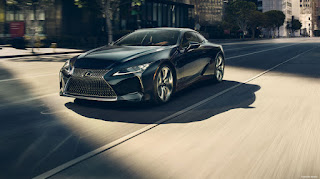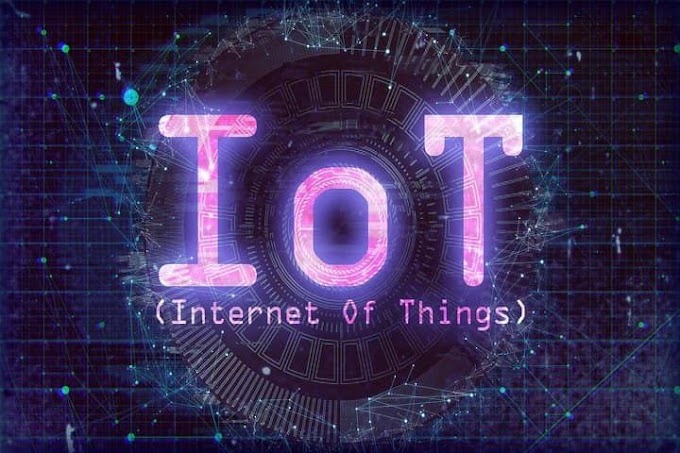8 Cool Car Technology Upgrades
1 / 8
Alexa Will Take You Home
 |
Alexa Will Take You Home
|
2 / 8
Cars Will Read Your Mind
Though you won’t see the technology in showrooms anytime soon, Nissan detailed how the company is developing “B2V”, or “brain to vehicle” communication. The system takes input from a headband-like device that detects brain wave activity, and can then prep the car for an action you intend to take, such as turning the wheel a fraction of a second faster than you’re able to. Nissan says it could also detect your discomfort during autonomous driving mode and adjust the car’s suspension setup or autonomous driving style on the fly. Sounds far-fetched, but it’s an interesting concept—and a kind of hedge on autonomous driving, preparing for the inevitability that even systems far off in the future won’t always pilot to our exact preferences.
3 / 8
Ford Will Fight Traffic with Waze
 |
| Ford Will Fight Traffic with Waze |
If you’re a Waze addict (or just hate traffic), some welcome news arrived from Ford: vehicles shipping with its already-impressive SYNC 3 infotainment systems can now use the car’s own display for Waze mapping and navigation, along with its sound system for voice cues. That means you won’t have to look down at your phone’s smaller screen to get the crowdsourced lowdown on an upcoming backup—or how to get around it.
4 / 8
Digital Cockpits Will Get Sleeker
 |
| Digital Cockpits Will Get Sleeker |
The name Samsung might not be on the badge of the cars that we drive, but its technology increasingly might be inside them. The Korean company arrived up at CES to show off the results of its recent acquisition of Harman by showcasing their shared Digital Cockpit platform, which automakers will buy and adapt. Like many current systems, it pairs a large touchscreen and some tactile controls, but unlike any other system thus far, it can display apps running on its Android OS on four screens. What this points towards: the cockpit of the future will be even more customizable and personalized than you might have thought.
5 / 8
Your Car Will See the Unseen
 |
| Your Car Will See the Unseen |
Ford and telecom chip maker Qualcomm announced a continuation of their partnership in the development of cellular “Vehicle to Everything” (or C2VX) technology. In some ways, C2VX will kind of be like an X-ray vision for your car: it uses a chip in your car that can communicate with other cars on the road and receive data from infrastructure like traffic lights or road signs up ahead, alerting you to problems like an accident or stopped car — even if you can’t see it. Trials of the tech will take place in San Diego and Detroit.
6 / 8
You’ll Talk to Your Mercedes
 |
| You’ll Talk to Your Mercedes |
Mercedes-Benz showed off MBUX interface (short for Mercedes-Benz User Experience) that will roll out in its new A-class compact car. It centers around a high-resolution widescreen display, and you can interact with it through touch—on the screen, pad, or buttons on the steering wheel. Or you can just talk to it by saying “Hey Mercedes.” The brand touts the system’s ability to learn: if you commonly tune in to a radio station or call a specific contact at roughly the same time each week, it might make the suggestion preemptively.
7 / 8
Is This the End of Street-Parking Hell?
 |
| Is This the End of Street-Parking Hell? |
Parking is getting tougher in urban centers around the world. We’re spending more hours circling the block than ever, searching for an open spot. German parts supplier Bosch arrived at CES promoting its fix, currently being tested in Germany and later this year in LA, Miami, Boston, and more American cities. As they drive through an urban environment, cars with its technology can measure the gaps between parked vehicles and provide a live update to a map, which can be accessed by all. If widely adopted, the technology wouldn’t just allow you to waste less time searching for a spot, but it would mean less idling cars creating pollution at any time, too.
8 / 8
The Artificially-Intelligent Microbus
 | |
| The Artificially-Intelligent Microbus |
VW brought its future-fantastic I.D. Buzz microbus to CES to highlight its use of artificial intelligence: using software and hardware from NVIDIA, it will recognize your face as you approach the car and unlock the doors, monitor your eyes for alertness as you pilot the car, and utilize deep-learning approaches to improve the car’s autonomous driving skills. It’s due for production in 2022.






